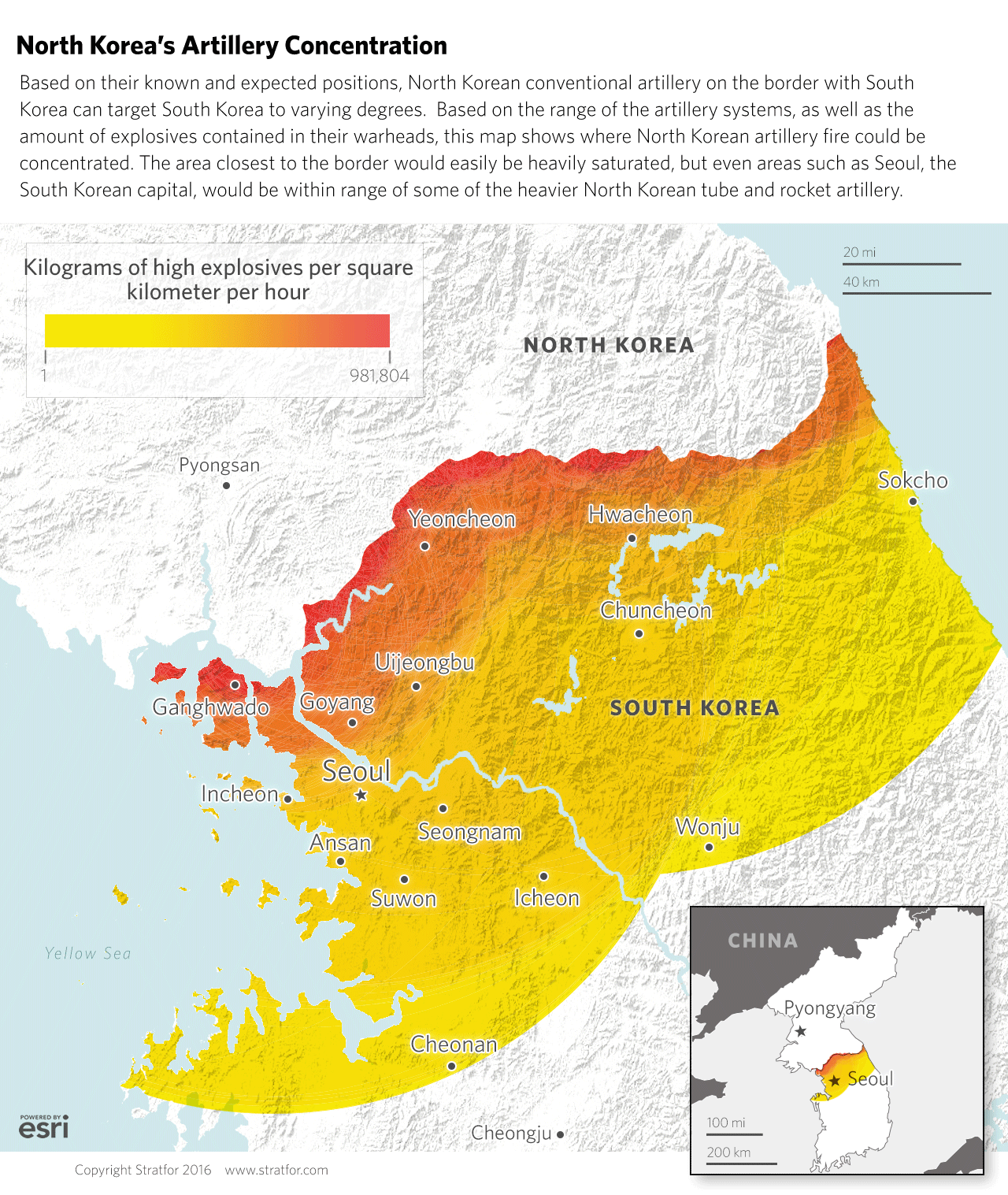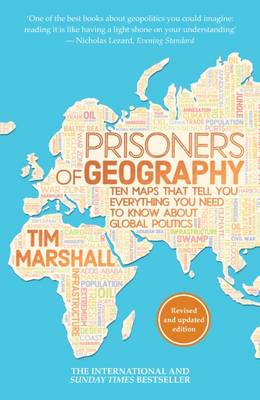North Korea
They aren't sure they know where all of the missile infrastructure is.
Nuclear plants don't respond well to bombing. A Fukushima level error (accident that sends the plant into meltdown) and they could kill a lot of North Korean civilians. They'd be more likely to secure the nuclear power plants with infantry. If they don't secure or destroy the plants, North Korea can just make more nuclear material.
The launch site isn't that important. There's video of it. It's just high, flat ground with some scaffolding. Bombing that wouldn't set North Korea back much if any. They'd find a new flat spot, clear the burnables, and erect new scaffolding. I'm not convinced that bombing the launch site would slow them down by days.
North Korea can attack South Korea without using missiles. Seoul is within mortar range of the border.
If the United States attacks North Korea, the US needs to not only disable the missiles but also the artillery. And the US needs to do so simultaneously and quickly.
Why would China care? If North Korea falls, where do you think the refugees will go? North Korea borders three countries: China; Russia; South Korea. South Korea would be allies with the United States. That part of Russia is the south end of Siberia, not exactly hospitable terrain. China is the long time ally.
Iraq
What was different about Iraq?
No South Korea to hold hostage. Iraq isn't close enough to threaten mortar attacks on Israel.
A narrow attack worked on Iraq. So no refugees. But we are far too late for a narrow attack on North Korea. And China is closer to North Korea than either the Soviet Union or China was to Iraq. And honestly, it's not like Israel got along that well with any of Iraq's neighbors. Israel viewed the risk of nuclear weapons as more dangerous than external disapproval.
Iraq was much earlier in the process. They hadn't even finished the plant yet. So the bombing really did set them back. North Korea's nuclear plants are currently operating. No one can bomb them safely.
North Korea does not seem to be mass producing missiles yet. Right now, the US would have to kill the machinists and engineers as well. Because machine shops to build missiles are not that hard to obtain. It's pretty much the same kind of machine shops that work on airplane parts and tooling.
Not to mention that it isn't necessary to deliver nuclear weapons by missile. A missile is just a convenient delivery mechanism. Piloted delivery mechanisms also work. For example, both nuclear weapons that were actually used were delivered by bomber. Covert operations can deliver bombs without flight.


